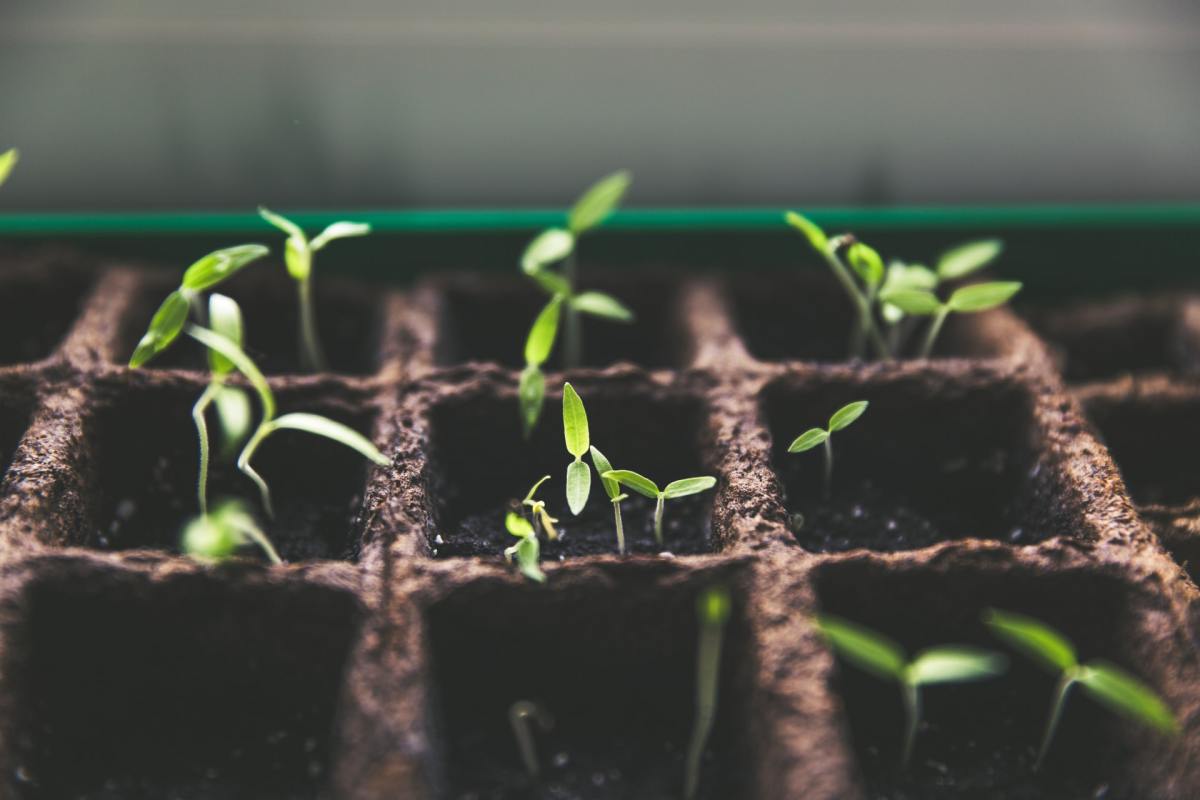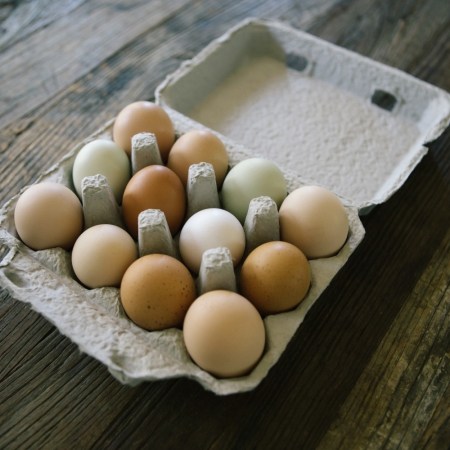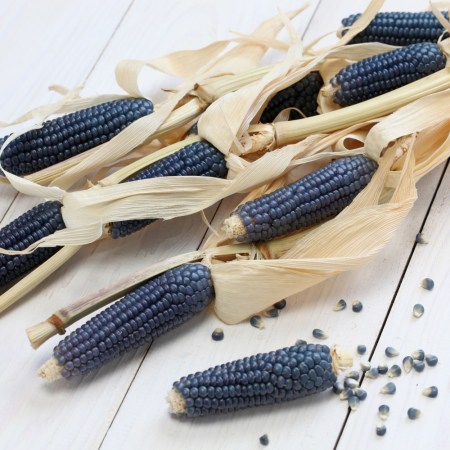In an increasingly global economy, conflict in one part of the world can have a substantial effect somewhere else entirely. Agriculture is not immune to this; among the effects of the war in Ukraine is a shortage of the fertilizer that farmers across the world rely on to grow crops. With shortages of fertilizer come reductions in the amount of crops that can be grown, which in turn leads to food shortages. It’s a dilemma without an obvious answer.
Except that there might be one that’s a little easier to come by than you might think. A new article at The New York Times explores one such alternative to imported fertilizer: human urine.
Admittedly, your first reaction might well be, “Gross.” And that’s fair. But it’s also worth pointing out that, as the article notes, chemical fertilizers make use of ammonia — which can also be found in urine. That’s not the only waste byproduct that can have a use in farming, either.
Among the experts cited in the article is Kim Nace, one of the founders of the Rich Earth Institute. “Human waste is already being used to fertilize foods you find in the grocery store,” Nace told the Times.
This is not to say that you should try, say, peeing on your home garden in the hopes of getting a better harvest out of it. Urine requires pasteurization before it’s safe to use, which can involve letting it sit for several months. The article also details efforts to turn pasteurized urine into a concentrate, among other methods of making it more widely available.
It’s an intriguing blend of no-tech and high-tech, and it could be the apex of a sustainable, organic approach to farming.
Thanks for reading InsideHook. Sign up for our daily newsletter and be in the know.


















